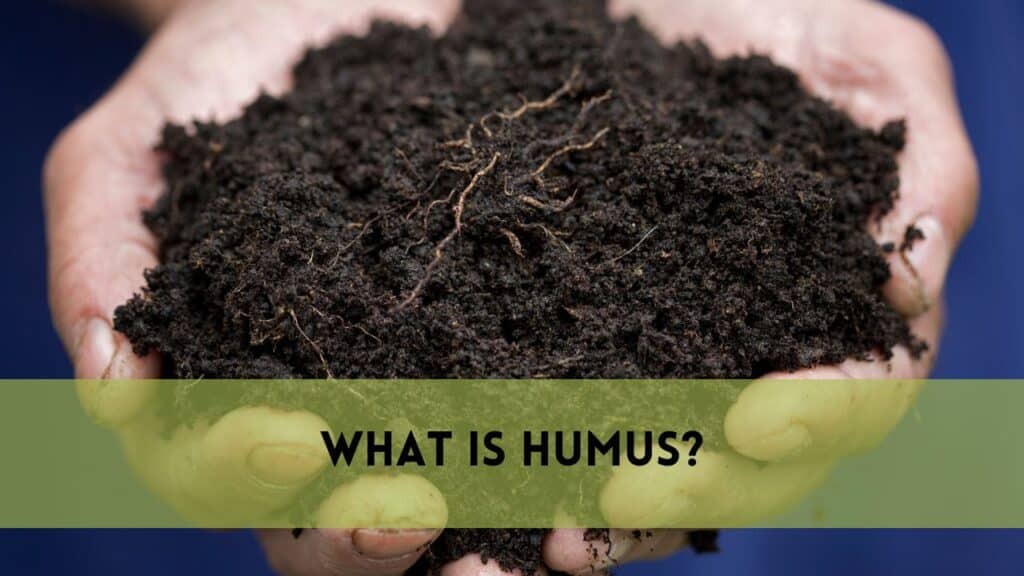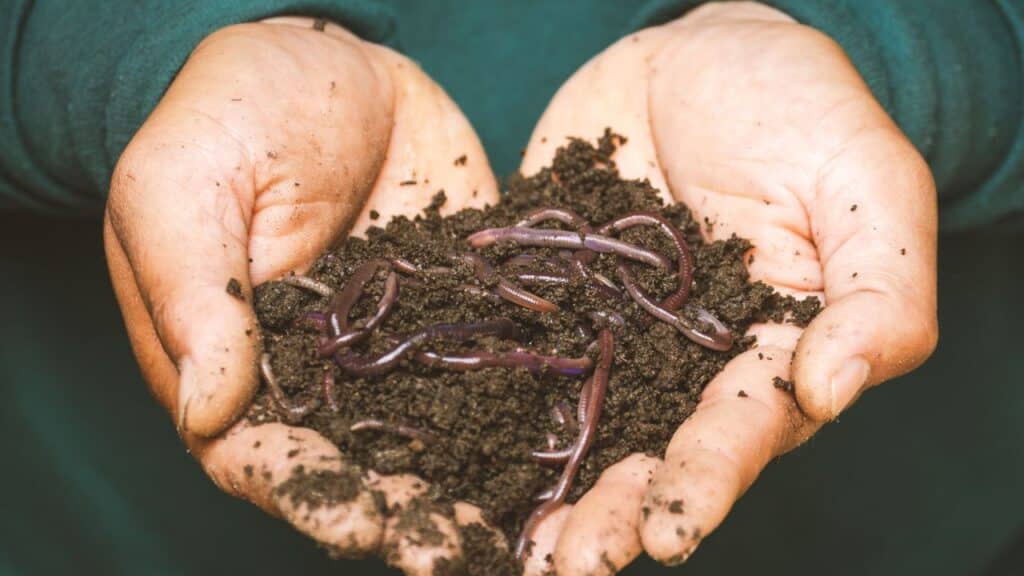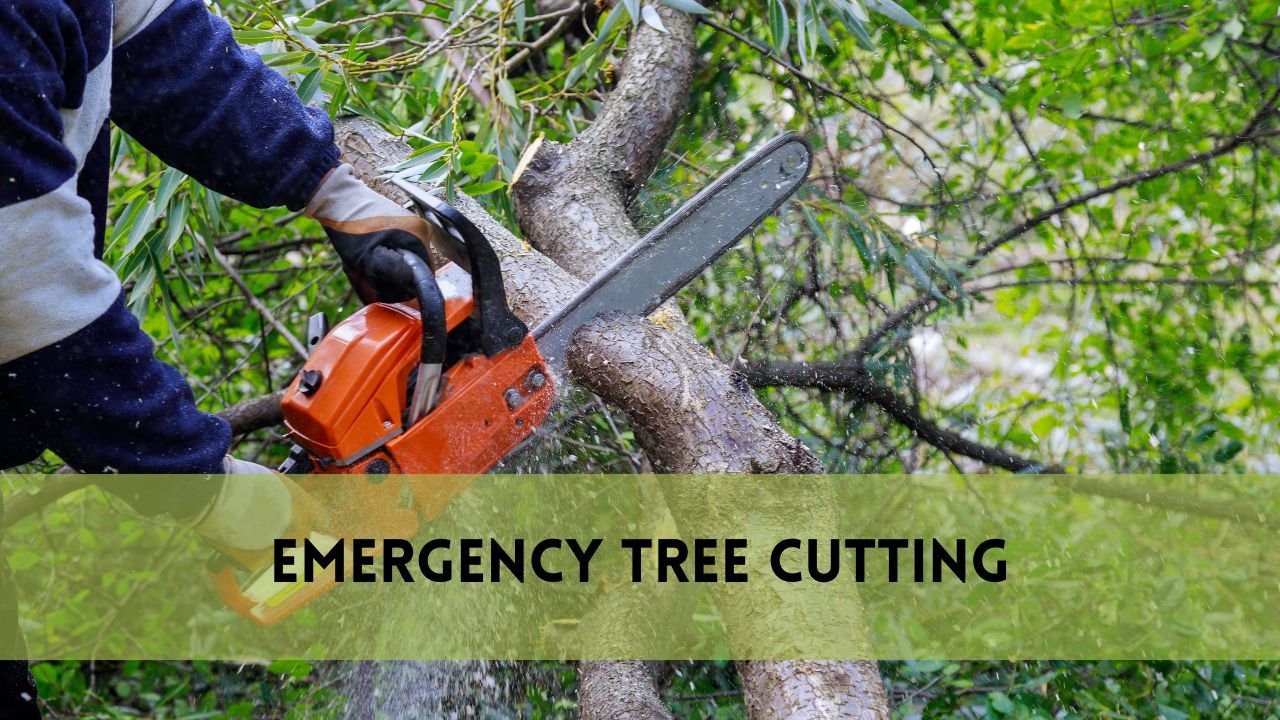The cultivation of good soil and the promotion of abundant plant development are two of the most important functions that humus, which is sometimes referred to as the “black gold” of gardening, plays. Between its modest origins as organic matter and its transition into a material rich in nutrients, humus plays a key part in the cycle of life that occurs within our environment.
What is Humus?
The decomposition of organic molecules in the soil, which ultimately leads to the production of humus, is the responsibility of these organisms, who are responsible for the process. The microorganisms that are accountable for this process are the ones that possess this ability.
The term “humus,” which originates from the Latin word for “earth” or “ground,” is used to describe the dark, organic material that is left behind after the breakdown of waste products from plants and animals. Humus is a black substance. The term humus comes from the Latin word that means “earth.”
The process of Humus formation
Imagine a thriving village that is bursting with life and is located under the surface of the earth. Leaves, branches, and other organic items that fall to the ground produce food for a wide variety of microorganisms.
This is because of the composting process. Through a process known as decomposition, these microorganisms, which include bacteria, fungus, and earthworms, break down the organic matter that is there.
Decomposers and Their Functions: Humus
They make the complex organic compounds that are found in the environment more accessible to plants by transforming them into simpler forms that they can absorb. Those organisms that are responsible for the elimination of these compounds are known as decomposers.
They are nature’s recycling agents. The process of decomposition is responsible for the release of carbon, nitrogen, and several other essential elements into the soil from the organic matter. Consequently, this results in the soil being enriched with more vital components that are required for the development of plants when they are available.
In the process of transforming into humus
There is a remarkable shift that takes place in organic matter as a result of the continual process of decomposition. Because it contains fragments of leaves and other detritus that are easily distinct from other forms of trash, the combination gives the impression of being a fresh compost at first glance.
On the other hand, the organic matter is exposed to additional breakdown with time as a consequence of the ongoing activity of decomposers. This occurs as a result of the fact that decomposers continue to work. As a consequence of this process, a black, crumbly material that is referred to as humus is produced.
The Advantages of Humus
1. An amendment that is rich in nutrients
A reservoir of nutrients, humus stores vital components such as nitrogen, phosphate, and potassium. Humus also works as a nutritional reservoir. The delayed release of these nutrients that occurs when humus is mixed into the soil ensures that plants get a consistent supply with time.
2. An enhanced structure of the soil
In addition to its potential to enhance soil structure, humus is one of the most important contributions it can make. The formation of aggregates, which are created when soil particles are bound together by humus, improves the aeration, water retention, and drainage of the soil.
This appropriate soil structure creates an environment that is conducive to the formation of healthy roots and enables plants to more effectively access water and nutrients.
3. Increased Activity of Microorganisms
Beneficial soil microorganisms, such as bacteria and fungi, can thrive in the presence of humus. The cycle of nutrients, the prevention of illness, and the preservation of soil health are all important functions that these bacteria perform. By encouraging the growth of a robust population of microorganisms, humus contributes to the general fertility and resilience of the soil.
The Practice of Including Humus in Your Garden
Because we are now aware of the significance of humus, let us investigate how you may integrate this beneficial ingredient into your garden:
1. The process of composting
In the beginning, you should begin by composting organic items such as leftovers from the kitchen, yard garbage, and plant residues. The decomposition of these items will ultimately result in the formation of compost that is rich in humus and is ready to be placed to your plant beds upon completion.
2. The use of mulch
Make sure that the soil in your garden is covered with a layer of organic mulch, such as crushed leaves or straw. In addition to preventing the growth of weeds and preserving moisture, the mulch will, as it decomposes, enrich the soil with humus and contribute to its overall composition.
3. Cropping with a Cover
Cover crops, which include legumes and grasses, should be planted in your garden beds at times when under other circumstances they would be left fallow. Not only will these cover crops prevent the soil from being eroded, but they will also provide organic matter to the soil when they are integrated into the soil.
FAQs Regarding Humus
1. Firstly, what exactly is humus and why is it relevant to gardening?
The black, organic stuff left behind after animal and plant wastes have broken down is called humus. It is vital for gardening because it increases microbial activity, strengthens soil structure, and enriches the soil with necessary nutrients that support strong plant development.
2. How is the humus made?
The breakdown of organic materials by soil microbes results in the formation of humus. The decomposition of organic materials, such leaves and plant leftovers, releases nutrients and transforms them into humus, a nutrient-rich material.
3. What advantages does applying humus to a garden have?
Many advantages come with using humus in the garden, such as increased microbial activity, higher nutrient retention, improved soil fertility, and improved soil structure. Additionally, it enhances the general health and production of plants by encouraging healthy root development.
4. How can I use humus in my landscaping?
Composting organic waste, using organic mulch, and growing cover crops are some ways to add humus to your garden. Effective methods to raise the humus content of the soil include growing cover crops like grasses and legumes, mulching with shredded leaves or straw, and composting yard waste and kitchen leftovers.
5. Can I use humus in my organic garden?
Humus is okay to use in organic farming, yes. It nourishes the soil naturally and sustainably without requiring the use of artificial chemicals. You may minimize your influence on the environment and encourage healthy plant development in your garden by applying humus.
Conclusion
In conclusion, humus is the foundation upon which healthy soil and thriving plant life are built. We can grow flourishing gardens while also preserving the delicate balance of our ecosystem if we realize the function that it plays in the richness of the soil and incorporate it into our gardening techniques. Therefore, let us throw ourselves into the enchantment of humus and discover the full potential of our gardens!






